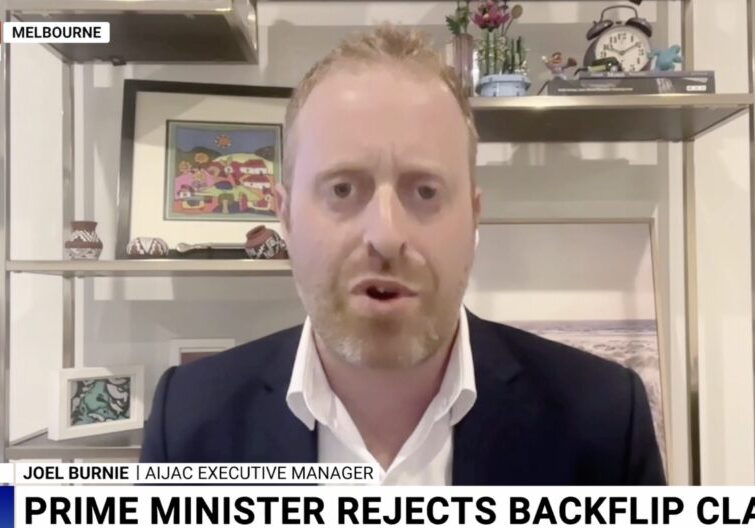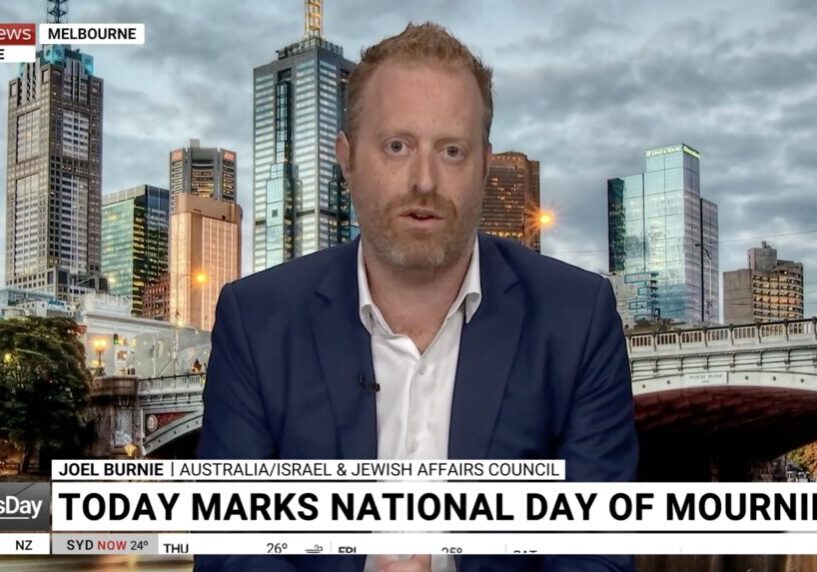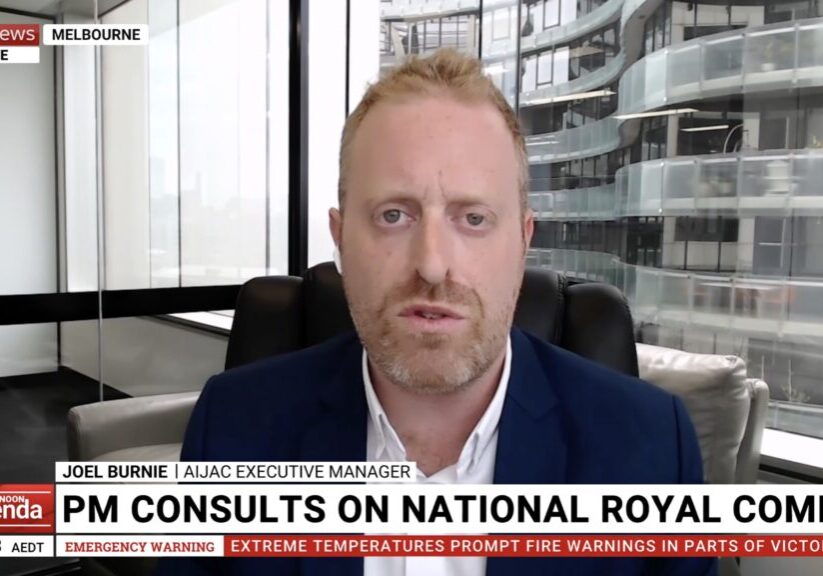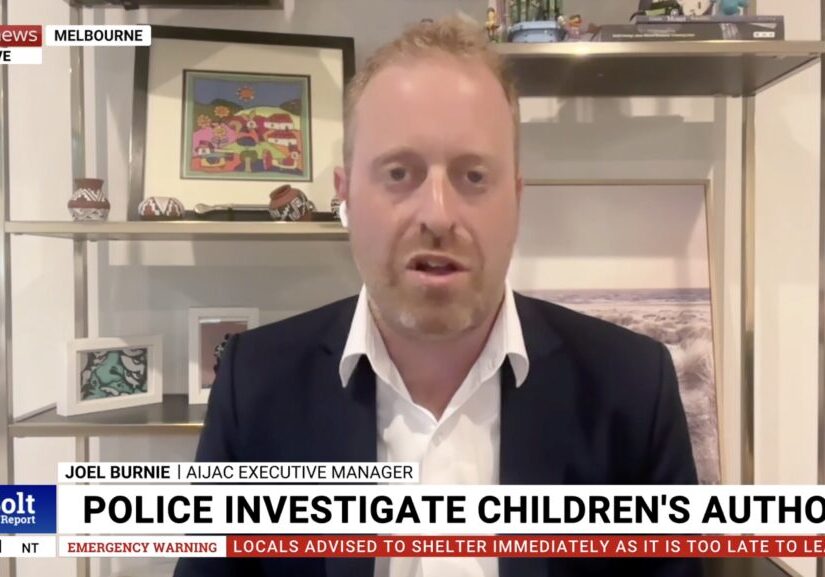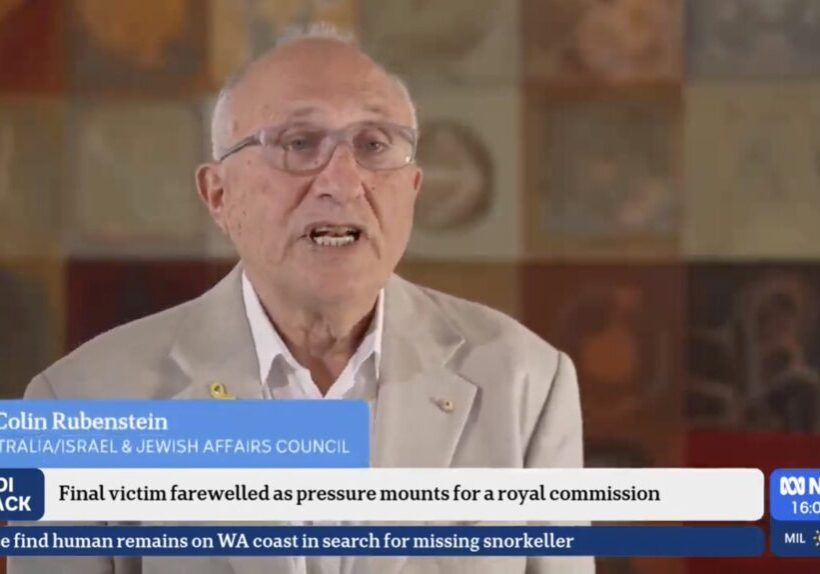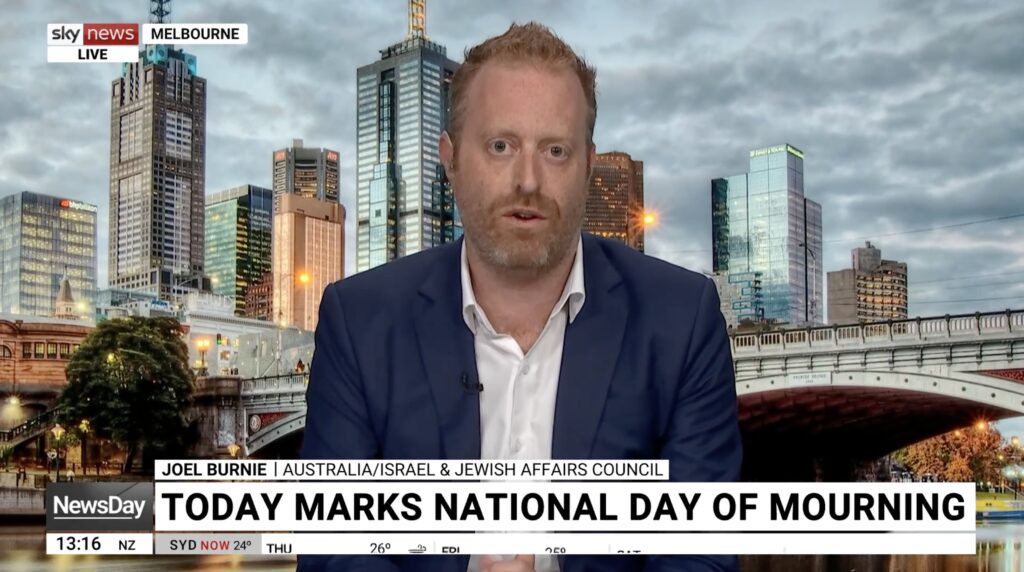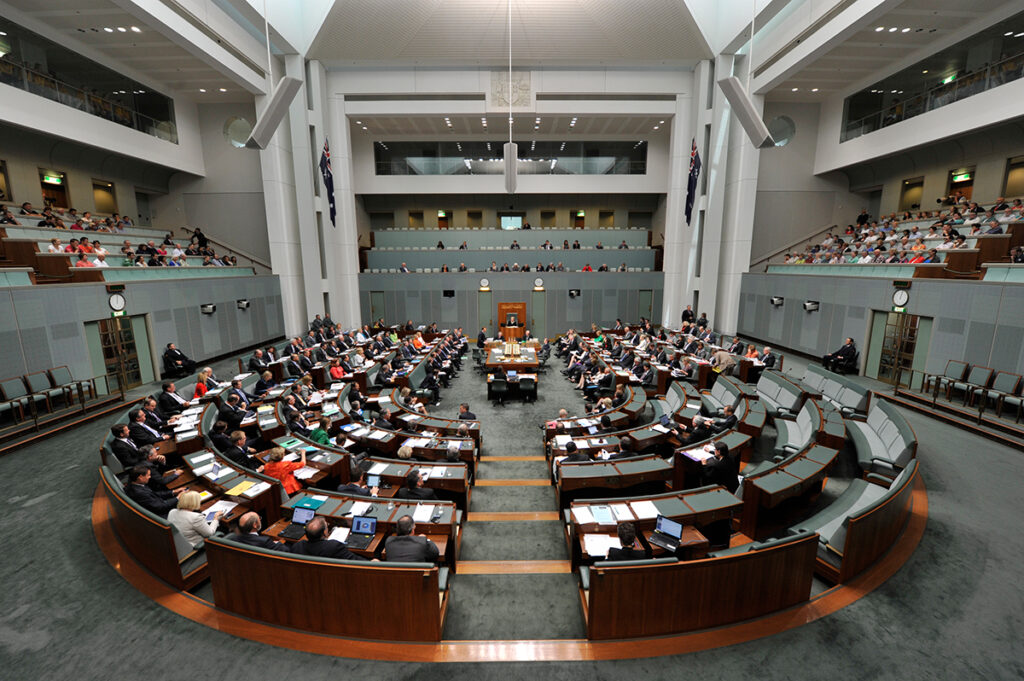FRESH AIR
Gantz gets a mandate – What now?
March 18, 2020 | Ahron Shapiro

In Israel on Monday, after having received the recommendation of 61 members of Knesset, Blue and White party leader Benny Gantz was given the mandate by President Reuven Rivlin to try to form a government.
This is something few pundits would have predicted in the aftermath of the March 2 election, which saw a shift in Knesset seats away from the pro-Gantz bloc to the one supporting incumbent PM Binyamin Netanyahu compared to the election in September.
Gantz’s support came from not only the left – including the entire 15-member Joint List – a party comprised of both Islamist and far-left anti-Zionist factions, but the right-wing secularist Israel Beitenu party which holds seven seats.
In giving Gantz the mandate, President Rivlin reminded him he would have 28 days to try to form a government, but urged him to move more quickly, in light of the COVID-19 crisis that has paralysed the country.
“[Four weeks] is a short period,” Rivlin said, but given the current circumstances of a national and global emergency, it is too long. The urgency of the hour and the size of the challenges before us demand that we form a government in Israel.”
As explained in my previous blog discussing the urgency of the formation of a national unity government, Gantz will be under immense pressure to enter into such a government – either on a strictly temporary short-term “emergency” basis or in a longer-term coalition arrangement that would include a prime ministerial rotation with the Likud.
This is necessary because Gantz appears to simply not have the numbers for a narrow, centre-left government supported by the Joint List. Three MKs from the coalition which nominally recommended him to Rivlin oppose this – two within his own Blue and White party (Yoaz Hendel and Zvi Houser) and one in the Labor-Gesher-Meretz “Emet” party (Orly Levy-Abekasis). Without their support, Gantz can only muster 59 votes out of 120 seats in the Knesset.
So, if he doesn’t have the numbers to form a government, why was Gantz eager to take the first turn at forming a government now? In the last election in September, which also ended in a stalemate, Gantz didn’t want to be the one asked to try to form a government first. As Ha’aretz’s political commentator Chemi Shalev put it at the time:
Whoever is second in line to form a government will have a clear psychological edge over the first: The Sword of Damocles of yet another election campaign, the third this year, will inevitably shake the confidence and possibly dismantle their rival’s political bloc.
The difference this time is that, while last September, Avigdor Lieberman’s Israel Beitenu refused to recommend either Gantz or the Likud’s Binyamin Netanyahu as the preferred candidate to form government, today Israel Beitenu has decided to lend its full support to the Gantz-led bloc working to oust Netanyahu.
Moreover, Lieberman has not limited his efforts to merely supporting Gantz, but also, working in tandem with Gantz to advance several pieces of legislation aimed squarely at preventing Netanyahu from running for PM again in the event of a fourth election in Israel. They are also seeking to replace Knesset speaker Yuli Edelstein of the Likud, who could place roadblocks in their way.
It’s an open question whether there is time to pass the legislation, especially with the COVID-19 crisis looming ever larger every day, despite Israel’s tough measures to try to slow it down. But this may not matter if the real purpose is to shake Netanyahu’s confidence that he alone will decide when he will leave the prime minister’s office, ahead of any verdict in his criminal corruption trial – the start of which has been delayed until May.
Gantz’s first choice would have been to create a centre-left “removal government” supported by the Joint List. Since that now doesn’t seem possible, what Gantz appears to be looking for instead are two things:
- Creating a deterrent to discourage Netanyahu from seeing going to a fourth election as a viable option;
- Looking for leverage to pressure Netanyahu to accept a national unity agreement or emergency government that is either on Gantz’s terms, or close enough to it to that Gantz can claim victory. He desperately needs to be able to claim a win to ensure his political future and justify his decision to break his pre-election promise not to try to form a government relying on the support of the Joint List, and any future decision to sit in government with Netanyahu while the latter is under indictment.
For the next 28 days, Gantz will be in the driver’s seat when it comes to coalition-building. In his enthusiasm to have the first turn at forming government, Gantz would be well aware that Israeli voters will remember that if a government is formed in that time.
Readers might also be interested in some of the other recent analyses relevant to Gantz and his mandate to try to form a government with some pundits complimenting Gantz for political astuteness and other seeing merely desperation and limited prospects. These include: The Times of Israel’s Haviv Rettig Gur: “How the supposedly inept Benny Gantz found a strategic path (almost) to the top”; the Jerusalem Post’s Lahav Hartov: “When is 61 seats not a majority?”; and Israel Hayom’s Nadav Shragai’s plea for an emergency national unity government and his fellow columnist Yossi Beilin’s argument against it.
Tags: Benjamin Netanyahu, Benny Gantz, Elections, Israel
RELATED ARTICLES

Anti-Israel protesters’ deafening silence on Iranian repression: Arsen Ostrovsky on Sky News
